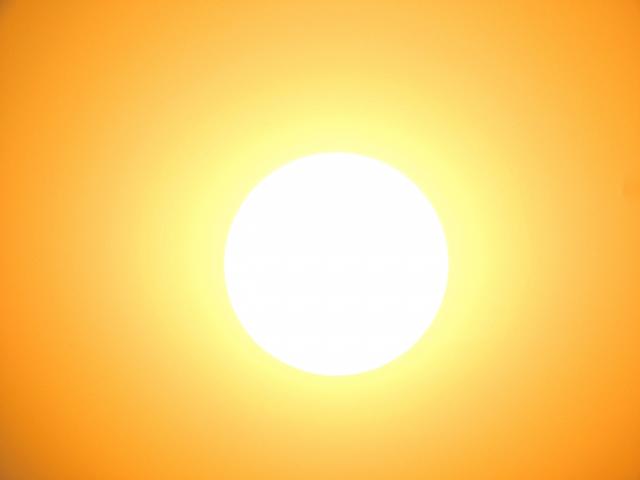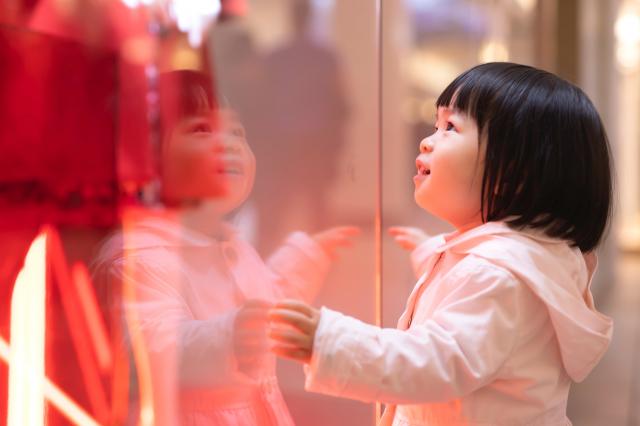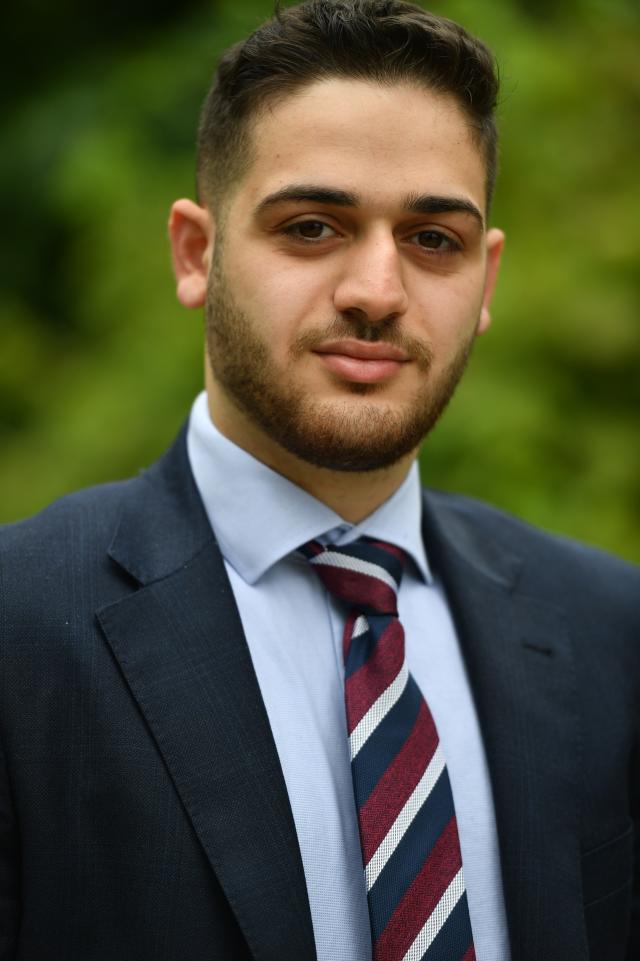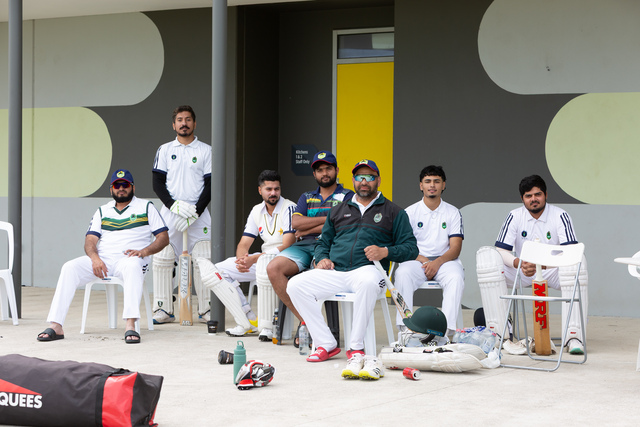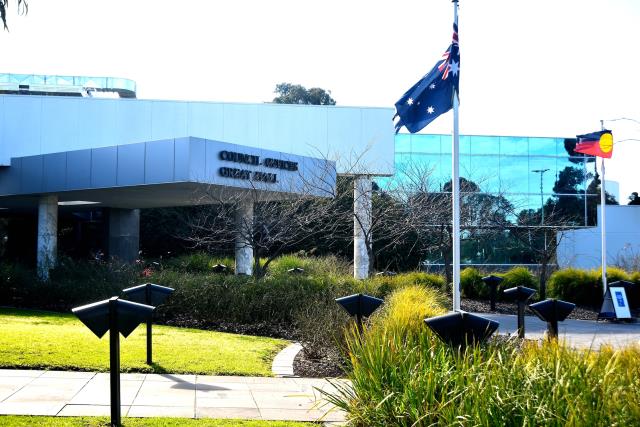Cancer Council is reminding Australians to avoid suntanning and poor sun protection behaviours.
This January marks the 10th anniversary since an Australia-wide ban of commercial solariums.
Prior to this ban, it was estimated each year that more than 2800 skin cancer cases and 43 melanoma-related deaths were attributable to solarium use, costing the Australian health system around $3 million.
According to the Cancer Council, modified sunbeds have emerged, called collariums or collagen beds, which are promoted as a “healthy” alternative to solariums despite emitting UV radiation and increasing a person’s risk of developing skin cancer.
Cancer Council National Skin Cancer Committee chair Anne Cust said the rise in use of collariums is concerning as it contributes to Australia’s culture of glamorising suntans.
“Overexposure to UV radiation, whether it’s in a sunbed or outdoors, is the greatest risk factor for skin cancer. A suntan is an indication that you’re doing damage to your skin. There is no such thing as a safe suntan,” Ms Cust said.
“Collariums emit UV radiation, particularly UVA, which penetrates deep into the skin, causing DNA damage and contributing to skin ageing and skin cancer risk,” she said.
Data from an Australian-first survey, funded by the Cancer Councils of Australia and conducted by the Australian Bureau of Statistics (ABS), showed that Australians are not being safe in the sun and are not doing enough to protect themselves
“We have the highest rate of skin cancer in the world with two in three Australians expected to have skin cancer in their life. Fortunately, skin cancer is almost entirely preventable. We encourage Australians to embrace their natural skin tone and make sun protection a daily part of their routine,” Ms Cust said.
Cancer Council encourages all Australians to use all five forms of sun protection when the UV is 3 or above – slip on protective clothing, slop on broad-spectrum, water-resistant SPF50 or SPF50+ sunscreen, slap on a broad-brimmed hat, seek shade, and slide on sunglasses.

